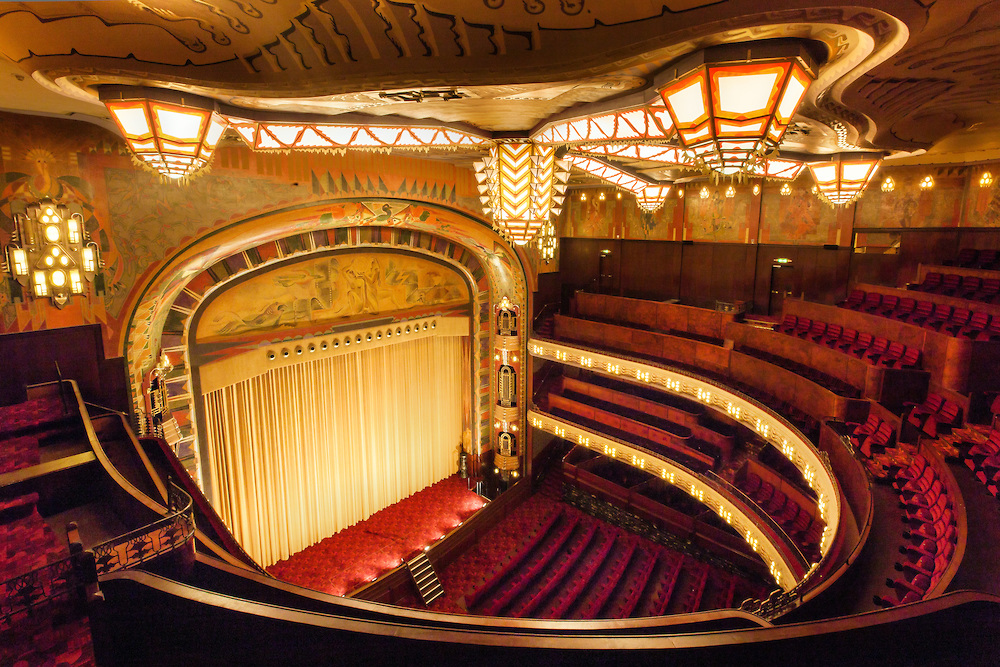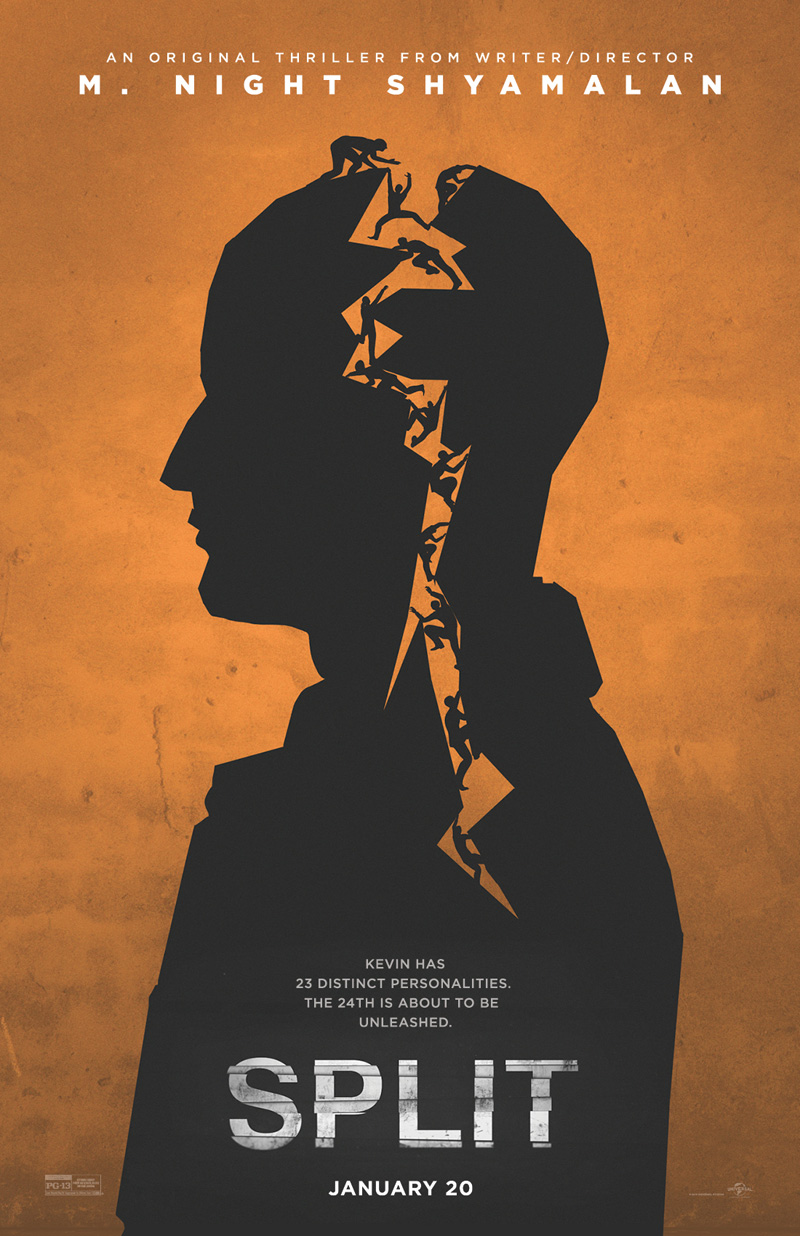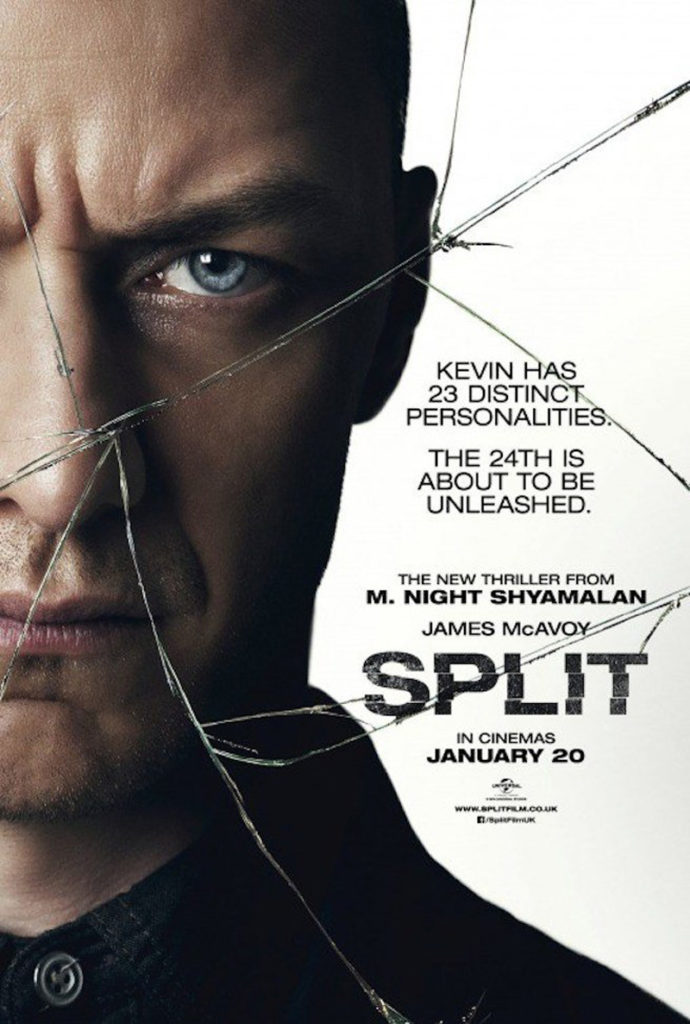I joke that a big reason why I wanted to move to the Netherlands was for a Pathé Unlimited card, but like, for real, that is not a joke. When I was a kid I was both homeschooled and basically blind, but no one knew that, they just thought I had a preternatural distaste for looking out the window on long drives or short drives or any length of drive whatsoever. The homeschooling meant going to the movies was something I seriously looked forward to and thought about all week. The seeing issues meant that the only time I got to see the world as everyone else did was when it was blown up on a 50-foot screen in HD. We went nearly every weekend, and I just kept on like that after I grew up and moved out, until I landed in Germany where things were different af.
They don’t like playing movies in English in Germany, but they love Hollywood, so they take American films and re-dub all the dialogue in German. It’s like live-action anime. If you are even the tiniest bit able to read lips, too bad my man, that is going to distract the shit out of you right in the middle of the emotional climax. We were forced to go only to small, artsy independent theaters, which, while nice, don’t really scratch the Rogue-One-in-IMAX-3D itch. They’re also about $10 a ticket, which I thought until this moment was outrageous, but now that I think about it, Naz and I did just spend almost $50 on two 3D IMAX tickets in New York City.
You can also drink as much beer as you want in the theater.
Okay fine, it’s not that bad. However, there aren’t as many movies available, and there was only one tiny theater we could go to for showings in English. We just wanted escalators in our theater like civilized people.
In Amsterdam, we have that and more.
We have four main Pathé theaters to choose from, the fanciest being Tuschinsky, which is in like this 20s art deco, phoenix psychedelic style. It’s stunning. It’s actually art deco, everything super old and custom made and from the same parallel reality as American Horror Story Hotel. It’s a national historic building. It’s the best.

AMSTERDAM HOT TIP: Go see a movie in Tuschinsky grote Zaal in 4K. We saw Allied there and I felt like an actual 40s aristocrat.
There’s also a big, shiny, escalator-filled theater around the corner, a cool lounge-vibey one downtown, and an IMAX out by the arena. The Pathé Unlimited card gets you into all that PLUS UNLIMITED MOVIES FOR 18€ A MONTH! You both can still drink as much beer as you want in the theater, and get a 10% discount on concessions — which isn’t that great, but let’s be real, I’ll take what I can get.
All that was to get around to saying this: I got that Pathé Unlimited card baby and I’m finally back to going to the movies regularly. As I am excited about it and have a film degree, I feel physically, nay, spiritually compelled to write reviews.
And without further ado…
What I Thought About Split
I am a long time M. Night Shyamalan fan. I like sort of moody, affected, unabashedly tragic-but-ultimately-optimistic art, like Stephen King or Lana del Rey, and Shyamalan gets that. The Sixth Sense was heart-swooping. Signs was creepy as balls. The Village was twisted and an interesting idea and I don’t know why people care so much it was in a park, I mean, it’s Mr. Shyamalanalanalan — what did you expect? Lady In the Water was THE BEST, I don’t care, I loved it. When we find out he’s the Healer = goosebumps and/or tears. I fell asleep for like a minute watching Unbreakable but I was also seven, so it’s fair.
The Happening was embarrassing. I hid my face in my hands out of overwhelming fremdschämen. The Last Airbender was pathetic. I wasn’t even embarrassed, I was mad, like a disappointed father.
Split made up for all that. It’s the best film he’s ever made. Yes, better than The Sixth Sense. That’s right. I said it.
***THERE ARE PROBABLY GOING TO BE SPOILERS NOW***
Shyamalan has finally discovered the difference between a twist, and a reveal. Every moment which would have been an ah-ha! in an earlier film was here a poignant character reveal. We were discovering answers to how they became who they were, to better appreciate how they changed throughout the story. This made every pinch and plot point more impactful. Even the more minor characters like Claire and Marcia still had unique, interesting personalities given enough air time for us to care about them.
The acting was phenomenal, all the way through, from everyone (except for Shyamalan himself in his traditional cameo, but he wasn’t too bad, he was just surrounded by people so much better at it). James McAvoy was just a real person with 24 personalities. I forgot to notice how great he was acting, I was too busy convinced it was all real — and that is the mark of a good fucking actor! Let’s not forget the minor characters too, from Haley Lu Richardson (Claire) and Jessica Sula (Marcia), to Sebastian Arcelus, who played their dad and only had two minutes of screen time but was a real-enough person for me that I was super relieved he didn’t end up dead. I was with Anya Taylor-Joy (Casey) all the way, and I’m happy to see such a deep, subtle female protagonist in a supernatural thriller (or anything else, for that matter).
And she’s the protagonist, not McAvoy — you can be sure by who resolves the tension through a difficult choice. McAvoy was the antagonist. He didn’t make so many choices there at the end — we realized together that he shouldn’t kill her, but this choice was based on his principles, and there was nothing difficult about it for either of them. The difficult choice was Casey sitting in the police car, finally ready to stand up to her murderer-rapist uncle. Her arc was the most compelling. She had a goal, she tried hard, and though she failed (she never escaped, did she?), she learned something more valuable — to pull the trigger when she has to, and that she hasn’t suffered for nothing.
Two things that are the bane of melodrama are “show, don’t tell” and the good ‘ol “cut in late, leave early.” Split had both in abundance. Casey’s choice in the police car is a great example. There were for-sure other great examples, but I can’t remember any right now. Maybe I’ll edit this post later when I think of something.
It was also super intense, like the ideal adaptation of the best Dean Koontz novels.
A seriously weird coincidence is that I saw another film about the value of suffering last week called To Stay Alive: A Method. It’s quirky, slow, and beautiful, stars Iggy Pop, and is mostly in French, which we did not know when we bought tickets, and severely limited our comprehension of the film — however, I did get that it was all about suffering being necessary for art, and that if you suffer, you must create art or go mad. I agree. It’s a nice simple way of stating a serious truth with serious consequences. This theme of suffering and its consequences, both good and bad, was the most meaningful and memorable part of Split for me.
Some things I didn’t like:
- What was that ending music? I know it was the Unbreakable theme, but why not just like, the Unbreakable theme, and not a weird Enya version of the Unbreakable theme?
- McAvoy in the mirror saying, “You are what you believe you are.” Remember that thing I said earlier about how subtle and non-melodramatic the rest had been because of all that great “show-don’t-tell” thing? Well, he lost it for a second and stated the obvious in the most melodramatic way possible. Meh.
Let’s talk about James McAvoy’s acting for another minute. He had characters so distinct that I could tell the difference between normal Barry, and Dennis pretending to be Barry! He had conversations with himself and I believed there was a group of people talking instead of one. I was a little hung up on the kid’s lisp, but he won me over with the dancing and the meanness eventually.
Betty Buckley’s character too, Dr. Karen Fletcher. She was fantastic. I believed in her and sympathized with her, though the weakest part of the story was when she, after realizing he was bat shit crazy and having an opportunity to leave and, oh I don’t know, call the cops, decided to just wander off down the hall in search of captives. Lazy storytelling there. Her character and acting were still great though, and represented a kind of woman I know, but haven’t seen on screen — dignified, intelligent, tough and no-nonsense with more energy than half her grandkids combined. I can see my Grandma Dougherty doing the same, except she’d definitely have brought a gun.
Last thing: Did the end have a little US-political commentary going on, or am I imagining things?


